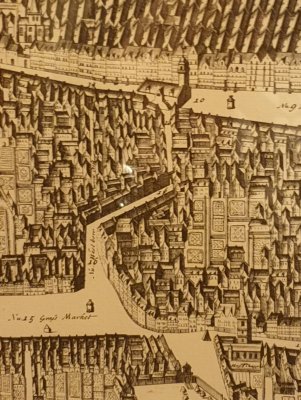Road to Innsmouth
Fresh Blood
- Joined
- Feb 25, 2020
- Messages
- 21
Hi everyone I'm wondering if you can help?
I'm sure I remember an article in FT a few years back about a Scottish wizard who maybe lived in Edinburgh and walked around with is 'staff' I think the article goes into where he lived in the city and it was possible to visit where he lived until relatively recently as it was redeveloped? I think they said that they never found his magical staff or something like that! I'm just trying to track down the article for research but I am finding it hard to locate.
I apologies for the rambling and the lack of detail as it was a while ago now.
I hope you can help
I'm sure I remember an article in FT a few years back about a Scottish wizard who maybe lived in Edinburgh and walked around with is 'staff' I think the article goes into where he lived in the city and it was possible to visit where he lived until relatively recently as it was redeveloped? I think they said that they never found his magical staff or something like that! I'm just trying to track down the article for research but I am finding it hard to locate.
I apologies for the rambling and the lack of detail as it was a while ago now.
I hope you can help



